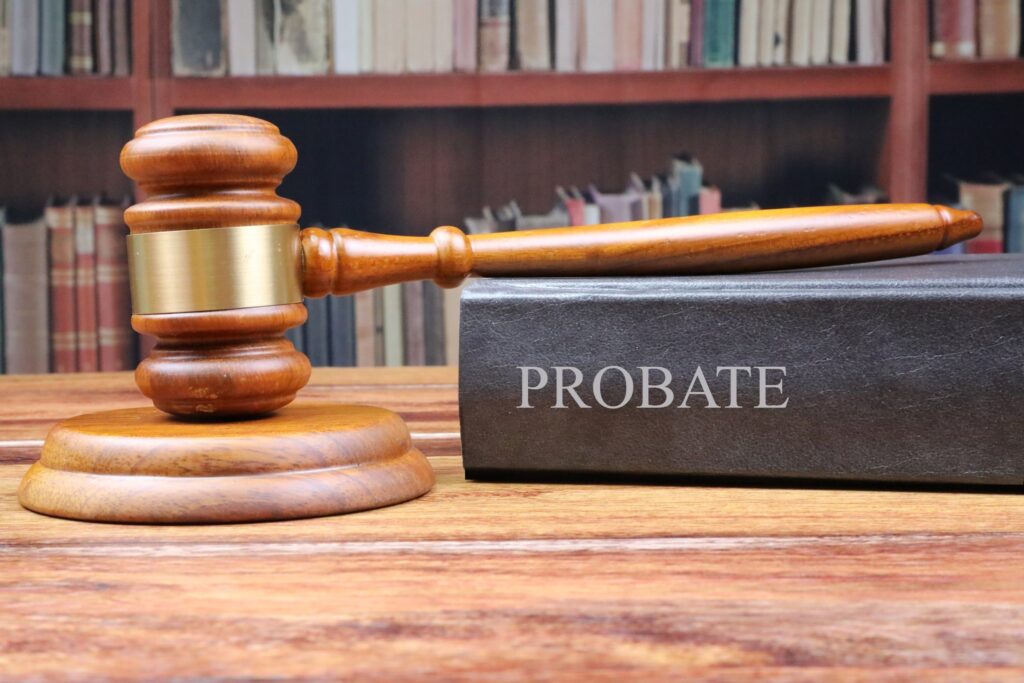Understanding the Probate Process in Harris County
The probate process in Harris County involves several steps that ensure the legal distribution of a deceased person's assets according to their will or state law. This process begins with filing the will with the probate court, followed by validating the will and appointing an executor to manage the estate.
During probate, the executor is responsible for notifying creditors, paying debts, and distributing assets to beneficiaries. It's essential to understand the timeline and requirements, as delays can occur if disputes arise or if the estate is complex, making legal guidance crucial throughout the process.
Common Challenges in Harris County Probate Cases
Probate cases can present various challenges, such as disputes among heirs, will contests, or issues with asset valuation. These conflicts can complicate the probate process and lead to prolonged court proceedings, which may frustrate beneficiaries and executors alike.
Understanding these challenges is vital for anyone involved in probate. For instance, if a will is contested, the court may require additional hearings and evidence, potentially delaying the distribution of assets. Legal representation can help navigate these challenges effectively.
Estate Planning: Avoiding Probate in Texas
Estate planning is a proactive approach to managing your assets and ensuring they are distributed according to your wishes, potentially avoiding probate altogether. Strategies such as creating a living trust or designating beneficiaries on accounts can streamline the transfer of assets upon death.
By implementing these strategies, individuals can save time and reduce costs associated with the probate process. For example, assets held in a living trust can pass directly to beneficiaries without going through probate, providing a smoother transition and peace of mind for the family.
Consulting a Probate Attorney: Why It Matters
Engaging a probate attorney can significantly ease the complexities of the probate process. These legal professionals offer expertise in navigating the laws and regulations specific to Harris County, ensuring compliance and protecting the interests of the estate and its beneficiaries.
A probate attorney can assist with various tasks, from filing necessary documents to representing you in court if disputes arise. Their guidance can help avoid common pitfalls, making the process more efficient and less stressful for all parties involved.

